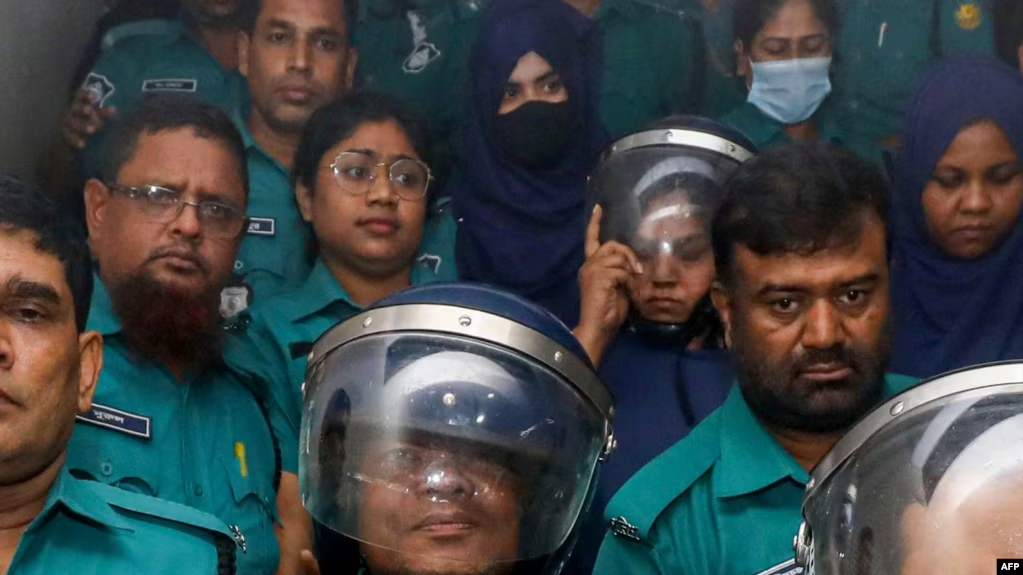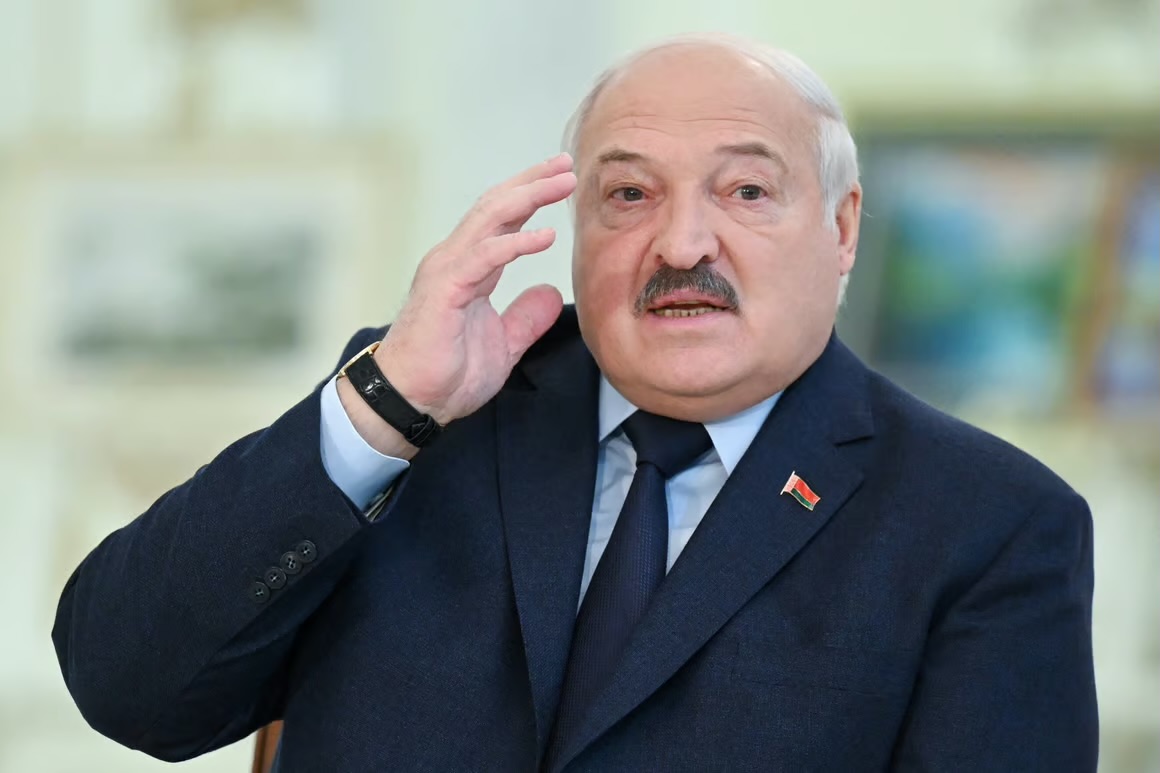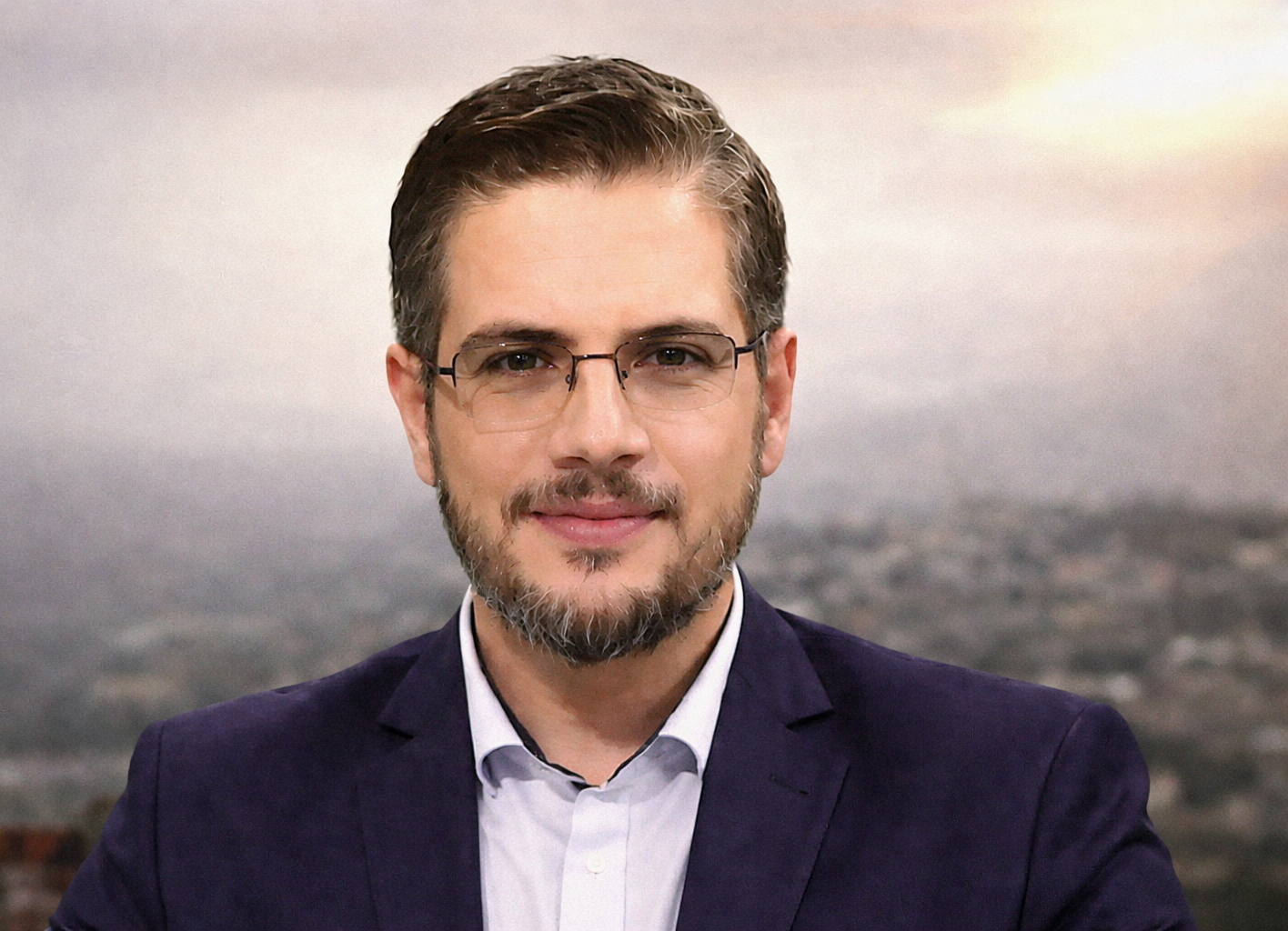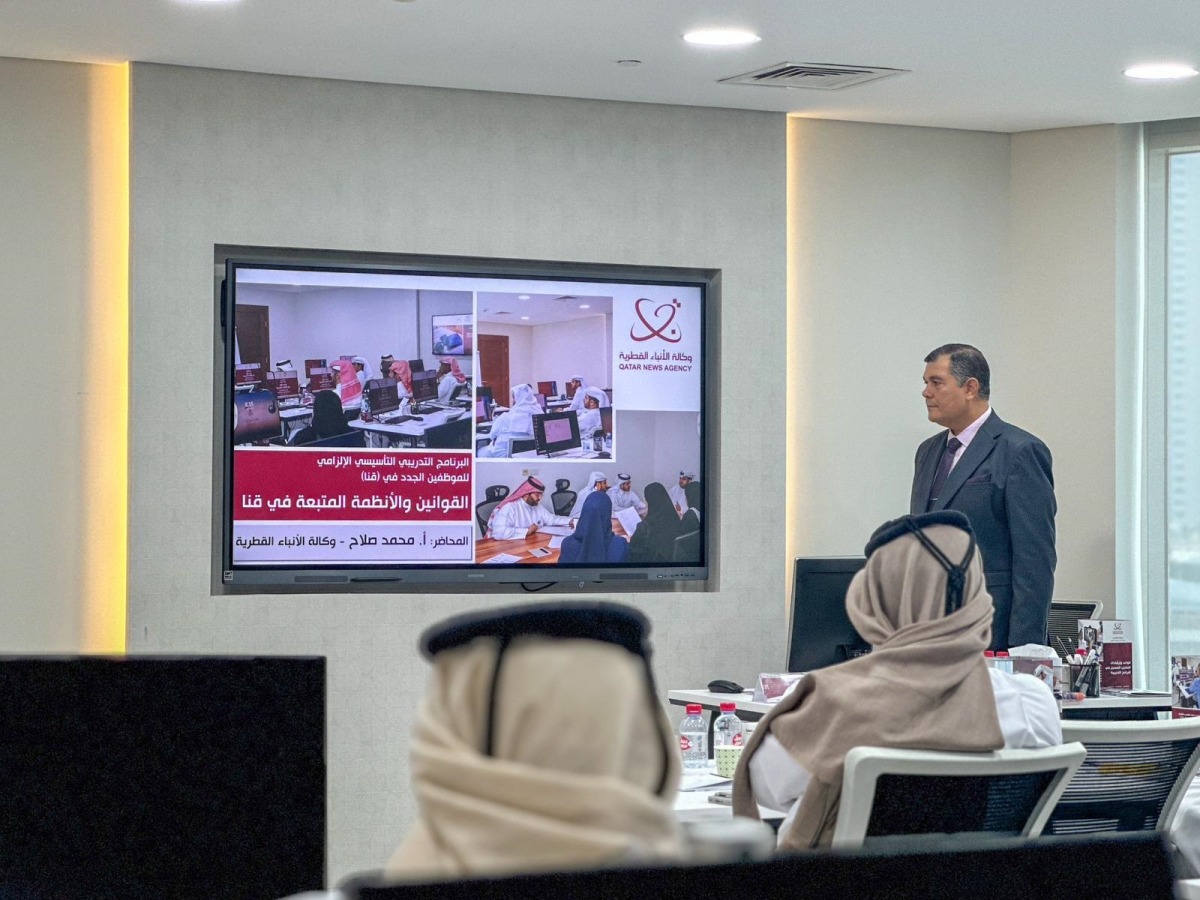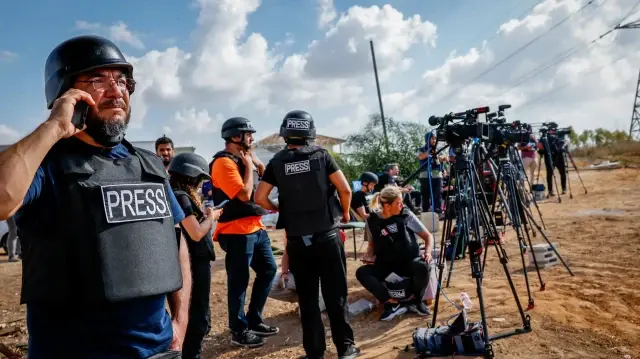Mohamed Boughalleb, a veteran Tunisian journalist, remains arbitrarily detained as part of an escalating crackdown on freedom of expression in Tunisia. His detention is rooted in a Facebook post criticizing the Ministry of Religious Affairs—criticism that led to his arrest on March 22, 2024, and an eight-month prison sentence for defamation.
However, Boughalleb was not released after completing that sentence. Instead, authorities placed him in pre-trial detention under Tunisia’s controversial Decree-Law 2022-54 on Cybercrimes, accusing him of spreading “fake news” and insulting others online. The charges are reportedly linked to posts that Boughalleb denies writing. The law, criticized for its vague language and broad scope, has been increasingly used to target journalists and dissidents.
Now 60 years old, Boughalleb suffers from multiple chronic health conditions, including diabetes, hypertension, and prostate issues. According to reports, he has been denied consistent access to medication and medical care during his detention at El Mornaguia prison. His health is deteriorating, and prison conditions—marked by overcrowding and unsanitary facilities—are worsening his condition.
Amnesty International warns that Boughalleb’s imprisonment is part of a broader pattern of repression under President Kais Saied’s rule. Since the introduction of Decree-Law 2022-54 in 2022, several journalists and commentators—such as Borhen Bsaies, Mourad Zeghidi, Houssem Hajlaoui, and Sonia Dahmani—have been prosecuted or jailed for expressing critical opinions.
Amnesty has issued an urgent call to the Tunisian authorities:
- To immediately and unconditionally release Mohamed Boughalleb, as his detention violates his right to freedom of expression;
- To ensure he receives adequate medical care while in custody.
- To end the use of Decree-Law 2022-54 as a tool of repression against media professionals and critics.
Tunisia is a signatory to multiple international human rights treaties, including the International Covenant on Civil and Political Rights and the African Charter on Human and Peoples’ Rights. Amnesty stresses that the use of vague laws to imprison critics places Tunisia in direct violation of these obligations and calls on the international community to hold its government accountable.

